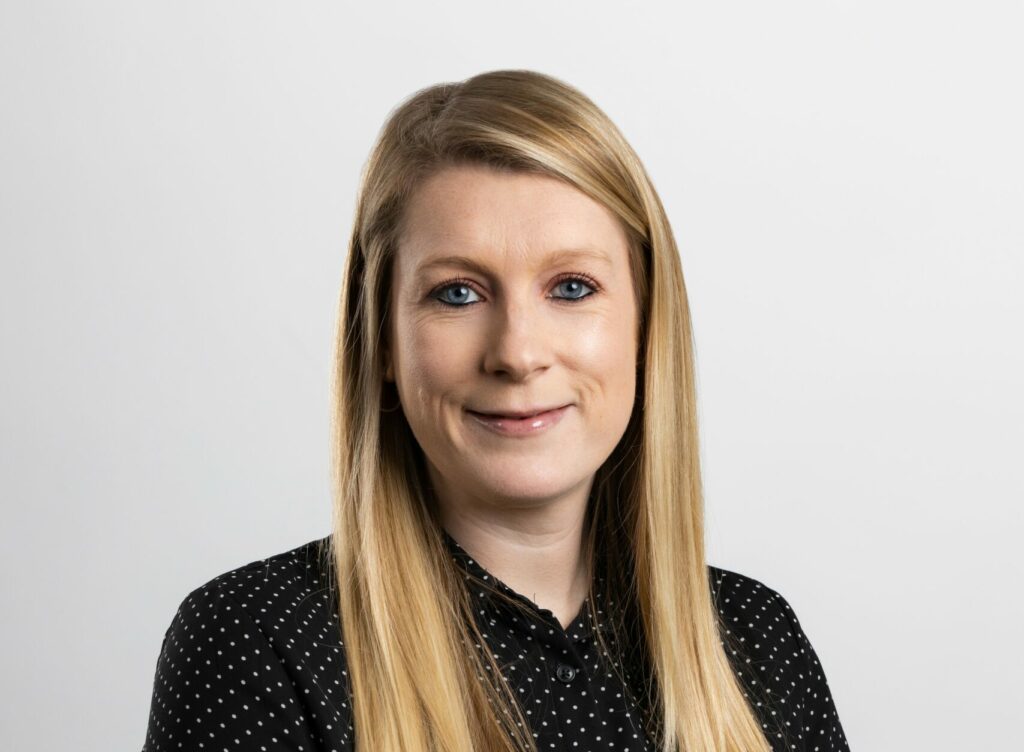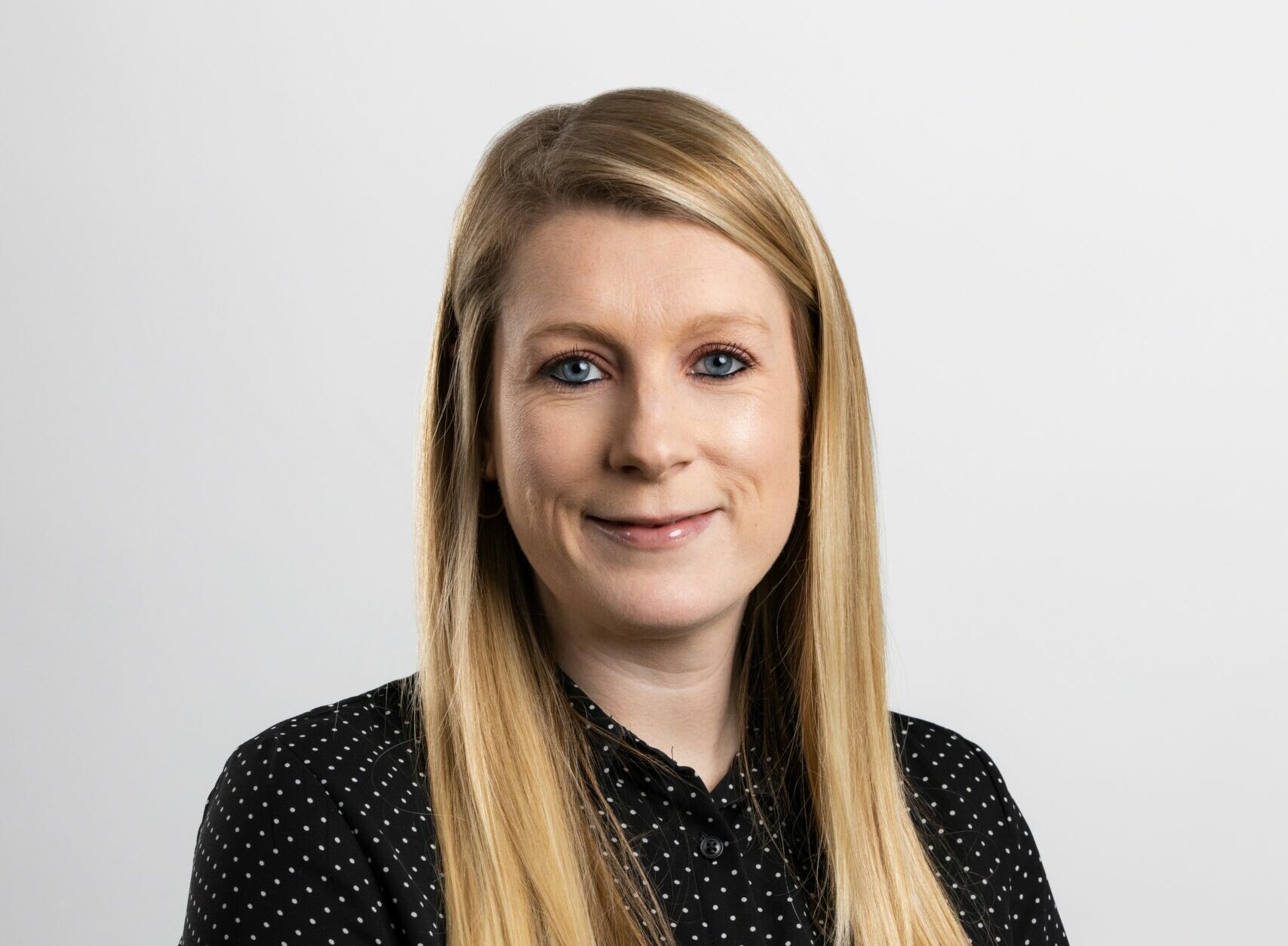Paraplanners are an integral part of any financial planning team and that is certainly the case here at MPA. Our talented Paraplanners support our advisers in providing the best investment information to clients.

We spoke to MPA’s Head of Paraplanning, Jenny Nicholls, about why organisational skills and focus are key to the role, career
progression prospects and the importance of consistently delivering a professional service to clients.
What do paraplanners do?
“Paraplanners liaise with advisers every day, whether that is writing their recommendations up into a suitability report or bouncing ideas off each other for the best provider or product to use for clients.
“Our main focus is completing detailed, personalised and informative reports for Advisers to present to their clients. We also research different providers, products and funds to produce a ‘best buy’ list – which is our list of recommended funds.
What does a typical day include for an MPA paraplanner?
“We have a paraplanning inbox where the admin team submits their requests for suitability reports and research. One of us keeps an eye on the inbox each day and each time a new request comes in it is added to a workload spreadsheet.
“From here, we work in date order of requests received, each taking a piece of work to do, whether a report or research. Once finished, we liaise with the Administrator and Adviser linked to each case and make any changes or amendments as needed and then, once complete, move on to the next task.
“Throughout the day, we are constantly on our emails to the rest of the team. We may also get particular requests that are urgent or have a deadline, such as a fund switch or DB transfer, which we would prioritise over the rest of the requests.”
What hours do paraplanners work?
“Our standard hours are 9:00am to 5:00pm Monday to Friday and 8:30am until 4pm on a Friday. Occasionally there are extra hours if on a deadline, however we manage the work between the team and are all willing to assist to ensure that time sensitive reports are completed.”
What qualifications do you need?
“Diploma-qualified is preferred, namely a Chartered Insurance Institute (CII) Diploma in Regulated Financial Planning.”
What are the key skill and attributes that make a good paraplanner?
“Attention to detail is a must, along with continued focus, good organisational skills and the ability to work to deadlines while prioritising work.”
What type of clients do you work with?
“We have a huge range of clients from MPA Lite to MPA Private. We do everything from ISA top-ups to DB transfers for a whole range of different individuals and businesses.”
What sort of investments do you get involved with?
“We do ISAs, SIPPs, Bonds, GIAs, VCT and Estate Planning – these can be new investments, top-ups or transfers.”
What support does MPA provide for training and development?
“MPA fully encourages and supports you with furthering your knowledge through exams, by sponsoring your exams and reading material, plus your CII membership.
“MPA also provides training sessions with providers to keep you up to date with platforms and we also have in-house training sessions to keep us up to speed with ever-changing policies and procedure.”
If people are thinking about becoming a paraplanner, what should they do/what background or experience is required?
“I think it really helps if you already work in the industry, such as an Administrator who has transitioned into paraplanning. You are then aware of the background work that it takes to get to the point where a report is needed.
“Taking your exams will also further your knowledge so you can speak with Advisers about why/how they decide on what to recommend to clients.”
Anything else you think is important to include?
“As mentioned, due to the busy nature of the role, you need to be organised and prioritise your work. You need to be able to stay focused as a lot of the day revolves around writing a report, moving on to the next and then the next.
“We need to ensure the reports are clear, easy to understand, professional and reflect the Advisers recommendations to the clients as this is the last stage of the process before the business is agreed and processed.
For more details about career opportunities at MPA visit https://www.mpafm.co.uk/careers/.
